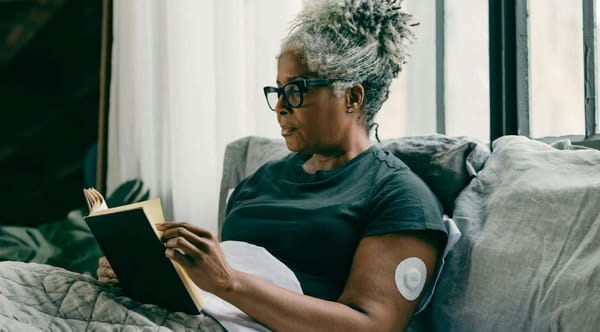Sleep - The Role of Trauma

Sleep is the time when our body rests and repairs. For many of us, getting a good night's sleep can be hard. You might describe yourself as a light sleeper. Someone who wakes up at the drop of a hat, proverbially speaking. One possible reason for being a light speaker is a heightened state of awareness. Allow me to explain.
Trauma as a child is more common than we think. Because of the inherent nature of the problem, many people are afraid to speak out, reveal, or talk about it. But trauma as a child, especially that persists over longer durations, becomes deeply rooted. To survive, you need to develop a heightened sense of awareness of your environment. You are not imagining danger; there really may be danger lurking.
If such an environment persists for long durations, the trauma can transcend your waking time and also become a part of your sleep. You are unable to feel safe even when you are asleep, which is one possible reason for your being a light sleeper. Forgive me for ingressing into your trauma. I mean well.
For many people who have undergone trauma, you wish to move beyond it. Leaving it in the past is the best way forward. So much so that many people even deny having had any trauma at all. But one sign: poor quality sleep persists. You simply blame it on habit, genes, lifestyle, or more.
Yet, unless you are really able to put it behind you, the manifestation of the heightened state of awareness continues. Poor sleep is strongly associated with poor cardiovascular health, poor mental health, lower immunity, and a host of other issues. You really want to make sure you are getting a decent night's sleep.
If you are among those who suffer from poor sleep, consider the possibility of trauma playing a role. If it is so, and I say this mindful of the fact that confronting trauma is never easy, please consider finding someone who can help you overcome its effects, at least on your sleep.





